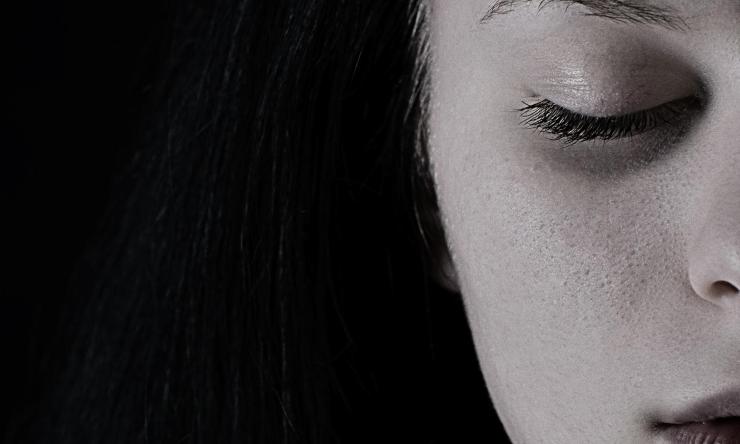Sweat and skincare: updating your routine during the hottest months
Late summer often brings the hottest days of the year and while it’s important to protect your skin from overexposure to the sun’s rays, it also is important to be aware of how sweating can impact your skin and your skincare routine. An expert in the Department of Dermatology at Baylor College of Medicine explains how to modify your skincare routines to work in tandem with the hotter temperatures.
“Sweating is an important bodily function that cools you down, expels toxins through your skin and provides that famous post-workout glow,” said Kim Chang, aesthetician with the Aesthetics Studio at Baylor Medicine, “Learning how to factor in this function into your daily skincare routine can yield great results.”
The four most important steps to any skincare routine are:
• Cleansing
• Exfoliating
• Hydrating
• Protecting
For cleansers, Chang recommends swapping out products with creamy, thicker textures for ones with foamy textures as the former have extra moisturizing properties that aren’t always necessary during summer months. For athletes, people who work outside and others who sweat a lot due to their environments, exfoliants, such as diatomaceous earth or jojoba beads, should be used to remove sweat buildup in pores.
Hydration is key to keeping skin healthy, but on sweatier days, heavier moisturizers can be switched for serums like Vitamin C or hyaluronic acid and lighter moisturizers, such as water-based gel or oil-free products, to prevent clogging pores.
“Many people forgo makeup during summer as it can cause breakouts when they sweat but looking for products that have tinting properties to them, like some sunscreens, can be a good workaround,” Chang said.
Protecting the skin with sunscreen is important to avoid sunburn and decrease your risk of skin cancer. Sunscreen should have an SPF of 30 or higher, be water-resistant and provide broad-spectrum protection (protect against UVA and UVB rays). Water-resistant sunscreens allow sweat to roll off the sunscreen without removing it and prevents any burning in the eyes. When outdoors, a general rule is to reapply every 2 hours.
“If you are working in an office or not really spending a lot of time in the sun, you can follow your normal skin routine, but the more you sweat, the more modifications are needed,” Chang said.
Sweat can cause discomfort to people who recently underwent or are going through certain skin procedures or regimens. Aggressive treatments such as microneedling, laser resurfacing or chemical peels may leave residual acids on the skin that can cause burning when sweat is produced. Additionally, products with retinol and Retin-A, commonly used to encourage collagen production, also can lead to a burning sensation in combination with sweating.
People who use products with benzoyl peroxide or lactic or glycolic acids in their ingredient list to treat acne, which is usually exacerbated in the summer months, should be aware that there is potential for sweat to cause discomfort as well.
“It’s important to know that some discomfort when you sweat during or after some skin care products or procedures is common,” Chang said. “If the discomfort becomes intolerable, you should seek out help from your dermatologist.”
Aside from product use, there are many other ways to protect the skin that won’t be affected by sweat. Chang recommends the use of UV-resistant clothing and always wearing a wide-brimmed hat if you’re out in the sun for a long time. Weather apps also provide information on when the UV exposure is at its highest and should be followed to know when to be more cautious outside. Keeping a balanced diet also can prevent things like skin inflammation or breakouts, which may cause people to use more products in a time of year when less is more.
“The skin is the largest organ in the body and there are so many ways we can take care of it,” Chang said. “When we know how to do so, we can enjoy our summers without worry.”










